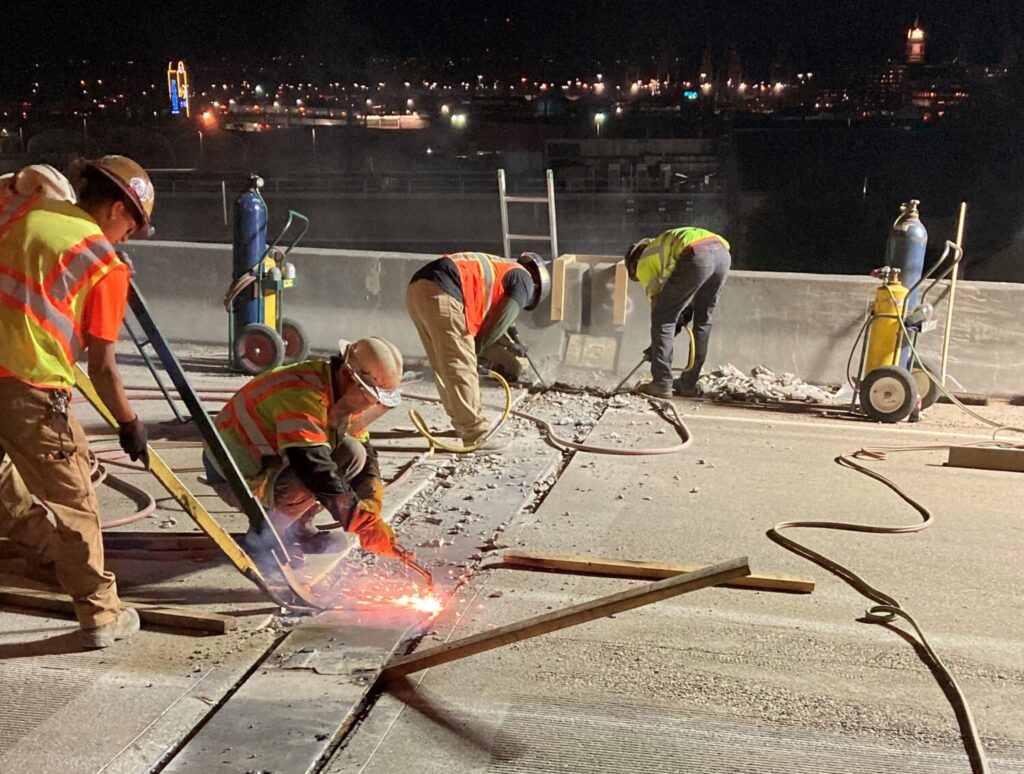Capital chatter: Legislators seek answers on Measure 110
Published 4:30 pm Thursday, February 8, 2024

- capital chatter logo
“Did tonight’s testimony change your mind about any of the proposed changes to Measure 110”?
That is the question I would ask members of the Joint Committee on Addiction and Community Safety Response, who heard testimony from more than 80 people on Wednesday evening.
Up for debate was the wide-ranging 122-page proposal from the panel’s Democratic leaders – Senate Majority Leader Kate Lieber of Portland and Rep. Jason Kropf of Bend – which will become House Bill 4002. Testimony also touched on two Republican alternatives, Senate Bill 1555 and HB 4036.
Most of the remarks focused on whether possession of small amounts of drugs should be a crime once again. If so, what should the maximum sentence be? Would recriminalization push people to get treatment? Conversely, would it lead to unwanted results, including more overdoses?
An overriding issue for all sides is how to quickly and effectively increase access to drug abuse treatment throughout Oregon.
State revenues are stable, but costs are rising, as are politicians’ requests. For example: Gov. Tina Kotek and state agencies have asked for more than $550 million from the 2024 Legislature. The city of Salem wants money to compensate for the lack of property taxes from state-owned lands, for which the city provides police, fire protection and other services. The cost for Oregon’s Employer Related Day Care program could grow to $600 million for the 2025-27 state budget.
There is no question that Oregon has not effectively addressed its drug abuse epidemic and the resulting public safety, economic and social issues. In a perfect world, the Legislature would set politics aside and overwhelmingly support the most-effective approaches.
But lawmakers, and those testifying Wednesday, don’t agree on what works best. Instead, the testimony largely fell along ideological lines: Recriminalization is good and penalties should be strong. Recriminalization is bad and would be both expensive and counter-productive.
The 12 committee members, like the Legislature as a whole, are divided along similar ideological lines.
What Oregonians should fear is that members on either side remained so rooted in their opinions that they dismissed any opposing testimony. That’s known as confirmation bias, which Britannica.com defines as:
“[P]eople’s tendency to process information by looking for, or interpreting, information that is consistent with their existing beliefs. This biased approach to decision making is largely unintentional, and it results in a person ignoring information that is inconsistent with their beliefs. These beliefs can include a person’s expectations in a given situation and their predictions about a particular outcome. People are especially likely to process information to support their own beliefs when an issue is highly important or self-relevant.”
The committee will meet next on Monday but is not held to the same action deadlines as most other policy committees. House Speaker Dan Rayfield, D-Corvallis, said HB 4002 needs more time before it’s ready.
“There’s a lot of emotion, a lot of feelings,” he said Thursday, “and how do you try and put that aside and focus on what is the best policy to take steps towards what I believe is, or what we collectively believe is, a better system?”
Rayfield said public testimony is valuable to widen legislators’ lenses.
“You’re hearing really valid thoughts on both sides,” he said of the Measure 110 debate. “I can sit there with criminal justice reform advocates, and empathize, agree and walk out [of] a very heartfelt and emotional meeting. But in the same breath, I can sit there and empathize with your parents or law enforcement who are seeing people in their community and they’re asking law enforcement, ‘Can you please do something about my son?’ And these folks, they do not have the tools to do anything.
“And so, it’s a really tough issue.”
The hearing ran nearly four hours with no breaks for the legislators, the overflow crowd in the Capitol or the many others participating online. Lieber did a masterful job running the meeting. She treated everyone graciously, despite comments that sometimes bordered on incendiary.
Each person – with public officials treated the same as everyone else – was limited to two minutes of testimony. Most complied. When others didn’t, Lieber patiently waited instead of interrupting.
She closed the meeting with: “My sincerest thanks for everybody who testified and for staying here and telling us your stories. It is incredibly important for us to hear it.”
As Lieber noted, people agree on the problem. Determining the answers is difficult, yet that is legislators’ duty.
Did Wednesday’s hearing move them toward those solutions?





